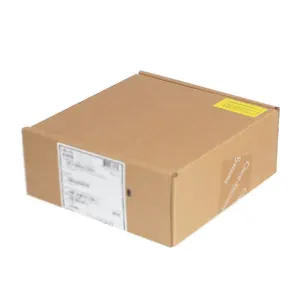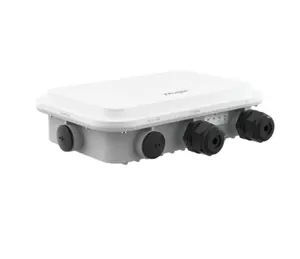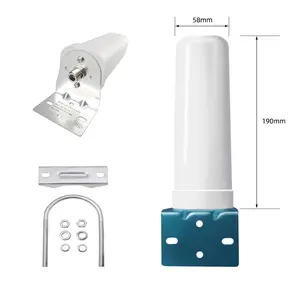Understanding Access Point Brands
Access points serve as pivotal hubs in wireless networking, connecting various devices to a local area network (LAN). The market offers a diverse range of access point brands, each designed to cater to different networking environments, from small home offices to expansive enterprise spaces.
Types and Features of Access Points
When exploring wireless access point brands, it's essential to understand the types available. Indoor access points are common, but for more challenging environments, ubiquiti outdoor wifi extenders and ruckus outdoor access points provide robust solutions. Features across brands vary, with some offering advanced security protocols, multiple SSIDs, and integrated controllers for centralized management.
Applications of Access Points
Access points are versatile in application, ranging from providing wireless connectivity in public venues to supporting mobile devices in large organizations. Brands like Ruckus and Ubiquiti are known for their reliable performance in high-density scenarios such as hotels and campuses, where consistent connectivity is crucial.
Materials and Durability
The build quality of access points is paramount, especially for devices like the ruckus h350, which may operate in rigorous conditions. Manufacturers prioritize materials that ensure longevity and consistent performance, even in outdoor or industrial environments.
Advantages of Top Access Point Brands
Selecting from top access point brands can yield significant advantages in terms of network efficiency, user capacity, and range. For instance, the Ubiquiti WiFi 6 extender leverages the latest technology to enhance network capacity and reduce latency, making it a compelling choice for bandwidth-intensive applications.
Choosing the Right Access Point
The decision to invest in a particular brand should be informed by factors such as compatibility with existing infrastructure, the scale of deployment, and specific feature requirements. While the Ubiquiti router and access point setup might be ideal for some, others may find the Netgear wireless access point or D-Link access points more aligned with their needs.












































 浙公网安备 33010002000092号
浙公网安备 33010002000092号 浙B2-20120091-4
浙B2-20120091-4